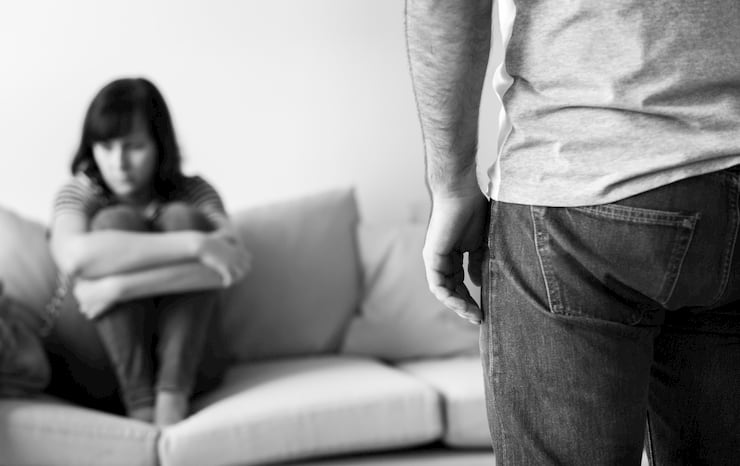
Paid leave for victims of domestic abuse
Paid Leave For Domestic Abuse Victims
The most dangerous time for a victim of domestic abuse is on leaving the abuser, often when an abuser learns of their victim’s decision to leave they can become more violent.
Victims therefore have to plan their escape carefully and secretively, often fearing not only the reaction of their abuser but how they will also find housing and the funds they need to survive, especially if children are involved.
Times journalist Oliver Kamm, recently published an article regarding legislation passed in New Zealand granting victims of domestic abuse paid leave from work, allowing time to escape their situation and find new homes without the worry of losing much needed income to begin their new lives. Statistics regarding domestic abuse in England and Wales are sobering to say the least. There were an estimated 2 million victims of domestic abuse in the year ending March 2018 and domestic violence related homicides have increased 18% from 2017 to 2018. With the Home Office publishing a report into the economic and social cost of domestic abuse, estimated at £66 billion, quite rightly the Government is focused on tackling the problem to both save lives and cost to the economy. Is it time to look at further legislation to help victims of domestic abuse.
During the latest debate regarding the Domestic Abuse Bill, Helen Hayes, MP for Dulwich and West Norwood stated “domestic abuse is a leading cause of homelessness”. Surely legislation allowing victims time off from work to arrange their escape without the worry of losing pay or being discovered, would help this situation.
Domestic abuse is not just violence, but coercive control, which can involve financial abuse where the abuser will hold all the finances for the family, meaning it can be difficult for victims to leave and have enough money to set up a new home or even have enough money to feed their children.
The charity Women’s Aid suggests victims leave at a time their partner is not around, and if possible take children out from school. With the legislation introduced in New Zealand, this would mean victims could use what appear to be hours spent at work, to plan and execute their escape, with less chance of being caught or having to leave everything behind. It would also reduce the worry for victims that their abusers would see they had taken time off either as holiday or unpaid, leading to suspicion, especially in cases where there is financial control.
The legislation in New Zealand only passed with a small minority due to the concerns regarding businesses having to shoulder the costs. Critics are also likely to raise the same concerns as in New Zealand; that applicants for jobs may be judged on whether they are “vulnerable to domestic abuse” and it may lead to discrimination.
What are your opinions on the legislation regarding paid leave for domestic abuse victims to leave their abusers and arrange a safe place to escape? Should the UK look to adopt similar legislation in an aim to reduce the cost both to the economy and society?
Simon Heaney, a Barrister at St John’s Chamber specialising in family law replied:
“Domestic abuse can often have a catastrophic effect on all areas of life. A victim will often be dealing with the end of a relationship at the same time as taking action against the aggressor. Worries about taking time off work and the possibility of losing their employment can be a factor in a victim deciding against taking affirmative action.
“This legislation in New Zealand gives the necessary reassurance that time off to deal with an emergency issue is still going to mean the victim has that crucial financial lifeline preserved as well as a period of time away from work to assist the psychological processing that is necessary.
“New Zealand has often been a pioneering jurisdiction in regards to progressive legislation – it was the first country to give the vote to women – it is hoped that this approach will be adopted in this country too to provide victims with every assistance they need.”










